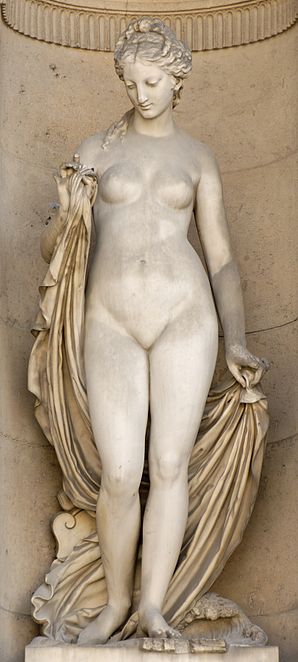He is the gloomy Lord of theDead in some, in others akind helpful spirit; he is animposing warrior and a littlefairy-king; he is fatal andterrible to people, and is saidto fetch them after theirdeath to his palace foreternal banquets; he is a black magician, a wicked demon, akin to andconfused with the devil, and he plays pleasant little tricks which show hisgood humour; he is quoted as an arbiter in disputes, and his name is usedin curses.
Inspired by this section, though not specifically suggested:
In Greek, Roman, and even Christian (saint) traditions, most gods (saints), were closely associated with one or potentially a few attributes which made it easier to give them short hand identifications and also to use them in mnemonic traditions. It would seem that in Celtic traditions, that the gods (or heroes) were better delineated people with broader and fuller characters which didn't play into this sort of mnemonic/oral piece in the same way.
Donn in Irish traditions seems to fit this mold. What other evidences could be brought to bear to back this up?
 <small>Leucothea (1862), by Jean Jules Allasseur (1818-1903). South façade of the Cour Carrée in the Palais du Louvre.</small>
<small>Leucothea (1862), by Jean Jules Allasseur (1818-1903). South façade of the Cour Carrée in the Palais du Louvre.</small>